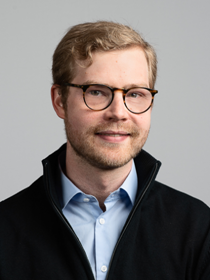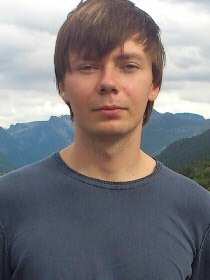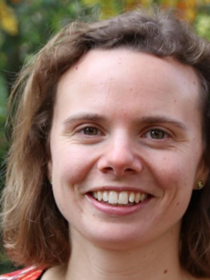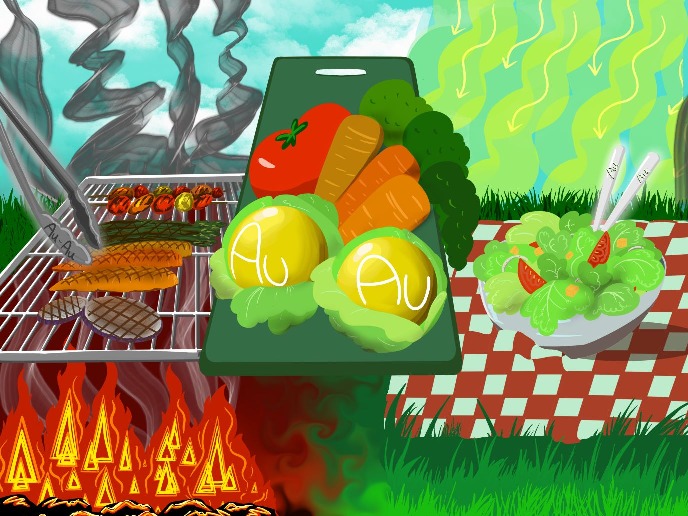Vidi-beurs voor dr. Klein, dr. Martynchuk en dr. Quax
Dr. Johannes Klein (Stratingh Institute), dr. Nikolay Martynchuk (Bernoulli Institute) en dr. Tessa Quax (GBB) hebben een Vidi-beurs ontvangen van de Nederlandse Organisatie voor Wetenschappelijk Onderzoek (NWO). Met de Vidi-beurs, ter waarde van 800.000 euro, kunnen zij de komende vijf jaar een eigen vernieuwende onderzoekslijn ontwikkelen en hun onderzoeksgroep uitbreiden.

Dr. Johannes Klein (Stratingh Institute for Chemistry) | Goud en zuurstof: van vijanden vrienden maken
Dit project onderzoekt de problematische relatie tussen de elementen goud en zuurstof, en hoe die relatie kan worden verholpen om nieuwe technieken te ontwikkelen voor de modificatie van organische verbindingen. Deze nieuwe methodes zullen twee goudatomen gebruiken om nieuwe katalysatoren te creëren, en licht gebruiken om ze te activeren. In deze katalysatoren zullen de twee goudcentra met elkaar communiceren om gezamenlijk de op zuurstof gebaseerde liganden te overtuigen om deel te nemen aan nieuwe reacties.

Dr. Nikolay Martynchuk (Bernoulli Institute for Mathematics, Computer Science and Artificial Intelligence) | Op zoek naar monodromie in verstoringen van klassieke en quantum integreerbare systemen
Verschillende systemen in de natuurkunde, scheikunde en mechanica zijn verstoringen van integreerbare modellen. Meetkundig gezien betekent dit dat de dynamica van dergelijke systemen bij benadering regulier is, terwijl hun quantum eigenschappen lokaal op een rooster kunnen worden gemodelleerd. Het onderzoek van Martynchuk is gericht op de volgende vraag: welk deel van de meetkunde van een integreerbaar model blijft onveranderd onder kleine verstoringen en kan daarom ook in het oorspronkelijke systeem aanwezig zijn? Deze vraag zal voornamelijk worden onderzocht voor het zogenaamde fenomeen ‘quantum-monodromie’ en veralgemeniseringen daarvan, dat vaak in specifieke voorbeelden van integreerbare modellen voorkomt.

Dr. Tessa Quax (Groningen Biomolecular Sciences and Biotechnology Institute, GBB) | Hoe virussen de functie van archaea veranderen
Archaea vormen het recentst ontdekte domein van levende organismen. Deze micro-organismen kunnen overleven op zeer diverse plekken, zoals in diepzeevulkanen en onze darmen. Virussen infecteren archaea. Tijdens zo’n infectie beïnvloeden virussen het gedrag van micro-organismen; ze veranderen bijvoorbeeld het celoppervlak waardoor ze beter aan materialen hechten of aan het immuunsysteem ontsnappen. Zulke veranderingen zijn bij virussen van archaea nauwelijks in kaart gebracht. Dit project geeft inzicht in de onderliggende mechanismen en stimuleert ontwikkeling van methodes om virus-geïnduceerde veranderingen van archaea te sturen. Daarmee helpt het de toepassing van archaea in bio-energie-productie en het herstellen van evenwicht in ons maag-darmkanaal.
Vidi voor vernieuwend onderzoek
De Vidi-beurs is gericht op ervaren onderzoekers die na hun promotie al een aantal jaren succesvol onderzoek hebben verricht. Vidi maakt samen met de Veni- en Vici-beurzen deel uit van het NWO-Talentprogramma. Binnen dit programma zijn onderzoekers vrij om hun eigen onderwerp voor financiering in te dienen. Op deze manier stimuleert NWO nieuwsgierigheidsgedreven en vernieuwend onderzoek.


Meer nieuws
-
17 februari 2026
De lange zoektocht naar nieuwe fysica
-
10 februari 2026
Waarom slechts een klein aantal planeten geschikt is voor leven
